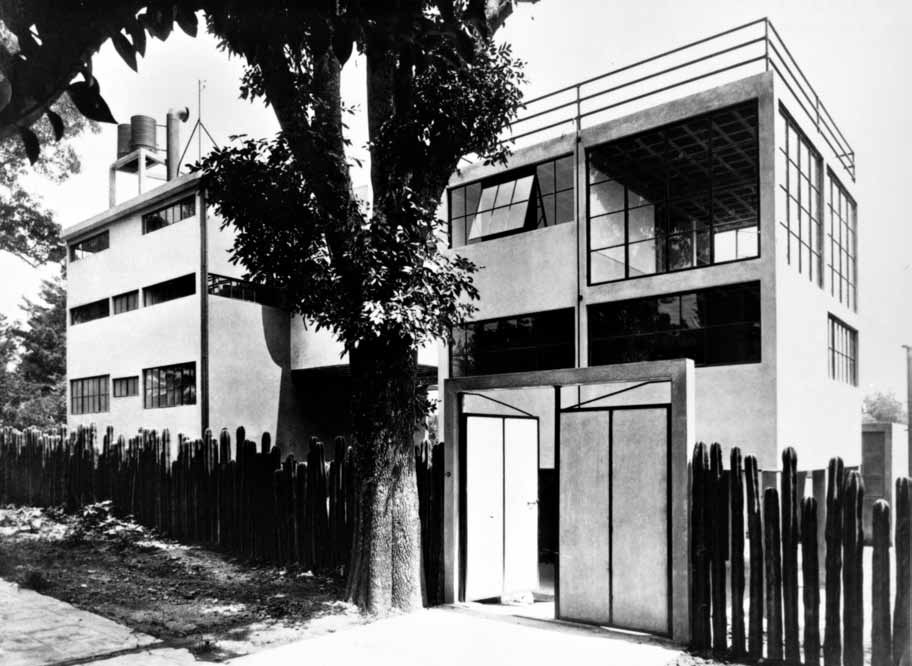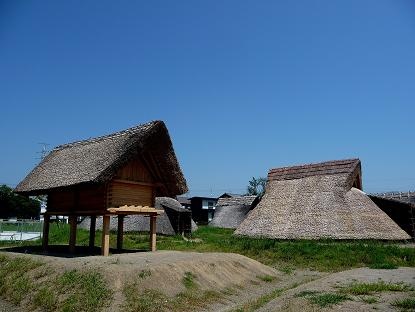hello world
he program “city-Architecture” asks for an innovative and radical understanding of the discipline of architecture in light of the problems and questions that characterize the contemporary city.
In the last decades we have witnessed the increasing divergence between the practice of architecture and the reality of the city. While architects have narrowed their focus on ‘design’, the city has been mapped, represented and discussed as an elusive condition overwhelmed by its unsolvable complexities and contradictions. Arguably, the divergence between architecture and urbanism represents one of the fundamental impasses in proposing a coherent spatial project.
The program is based on the assumption that today there is an urgent necessity to re-unite architecture and urbanism. In this way the discipline of architecture can be reassessed as a body of knowledge that is intimately connected with the development of the city itself.
 Juan O’Gorman, House and Studio for Frida Kahlo and Diego Rivera, 1931-2.
Juan O’Gorman, House and Studio for Frida Kahlo and Diego Rivera, 1931-2.
The goal of the program is not to understand “architectural knowledge” as symptom of something else, but to use such knowledge as a research tool. In other words the question posed by the program is no longer to learn from the city in order to change or improve architectural design. The ambition of the program is to learn from architectural knowledge and its history in order to understand the city it self. As Walter Benjamin noted the great advantage of architectural knowledge is that it constitutes the possibility for pursuing a material history of the world. Architectural knowledge is here understood not as a static set of principles but as an ever-changing conceptual and practical apparatus that manifest itself into concrete objects and spaces. The program seeks to understand the city from the material and spatial dimension implied in architectural knowledge itself.
The program is organized around two parallel lines of research: on one hand the development of an individual thesis, and on the other the participation to organized events, discussions, and collective design interventions in the form of theoretical projects and speculative scenarios.
The program encourages risky and rigorous speculations on the question of what form the city can assume and provides to these speculations a background of intense historical and theoretical thinking in the form of seminars, colloquia, and a yearly symposium.




